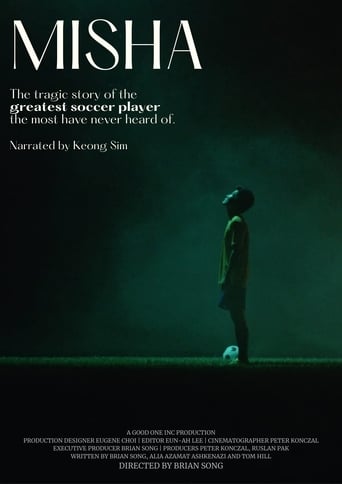

Misha
The tragic story of the greatest soccer player the most have never heard of.
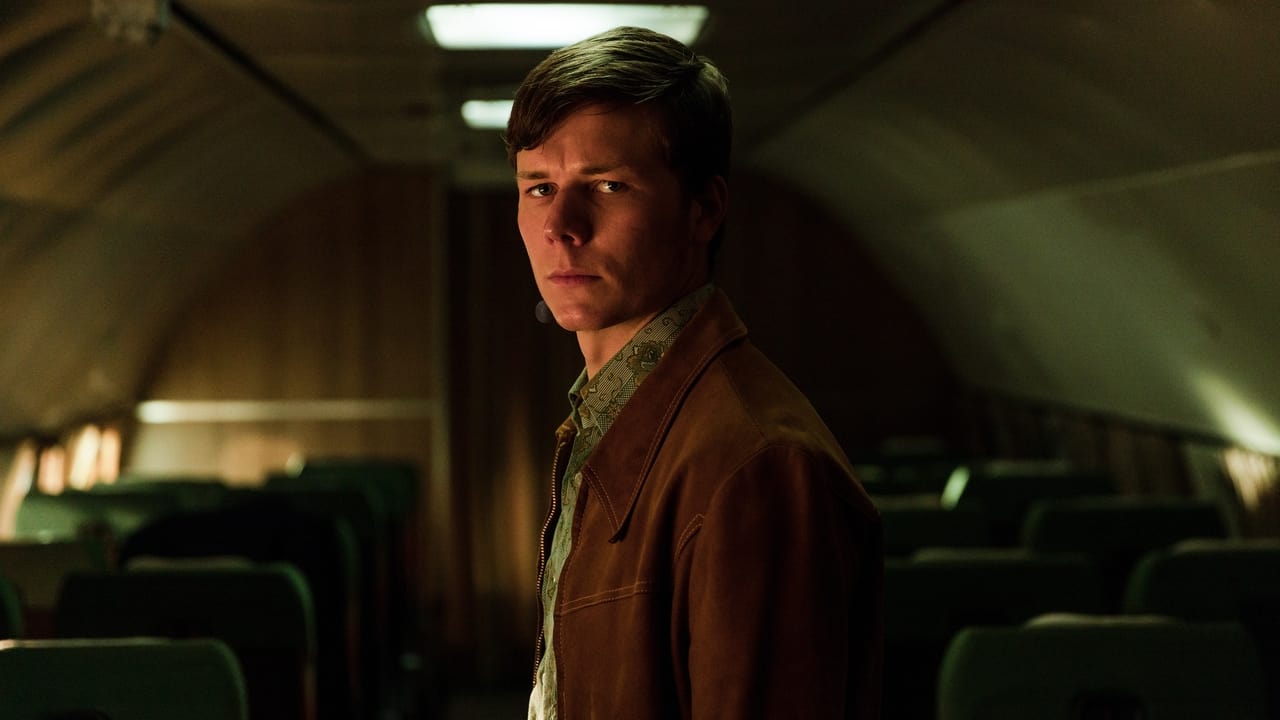
Explore the tragic truth about the massacre at the 1972 Olympic Games in Germany. Through interviews with key people such as the families of slain Olympians, German investigators and an anonymous perpetrator.
Guido Schlosser
Kehat Shorr
Yousoff Gutfreund
Christian
Manfred Schreiber
Felix
Müller
Squat Member
Stefan
Hans-Dietrich Genscher
Georg Wolf

Schmidt
Mahmud al-safadi
Josef
Monika
Inspector Knöppel


The tragic story of the greatest soccer player the most have never heard of.

21 Mar 2024

A team of scientists search for the lost island of Testerep in front of the Belgian coast, venturing into artificial landscapes and virtual realities.
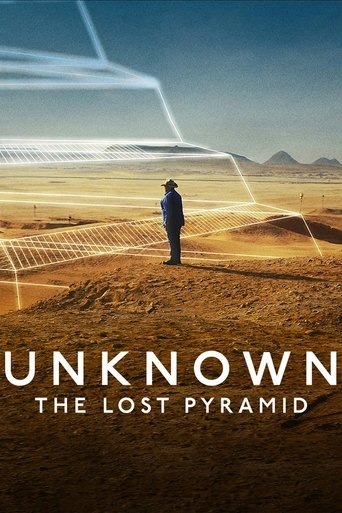
03 Jul 2023

Egyptian archeologists dig into history, discovering tombs and artifacts over 4,000 years old as they search for a buried pyramid in this documentary.
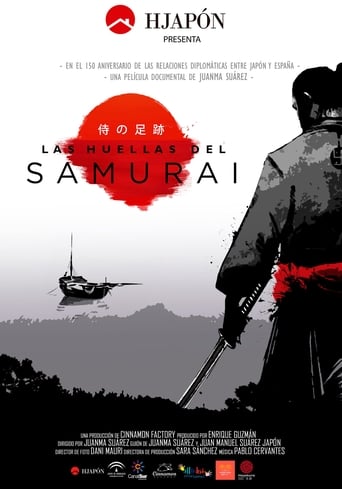
11 May 2018

A group of residents from Coria del Rio uncover a key figure in their town's history -- a samurai on a quest for redemption.
This short documentary produced by the University of Oregon Multimedia Journalism graduate program explores memories of Portland's Japantown – Nihonmachi – and the thriving Japanese American community in Oregon prior to World War II. The film features Chisao Hata, an artist, teacher and activist, and Jean Matsumoto, who was incarcerated at the Portland Assembly Center and in the Minidoka concentration camp as a child.
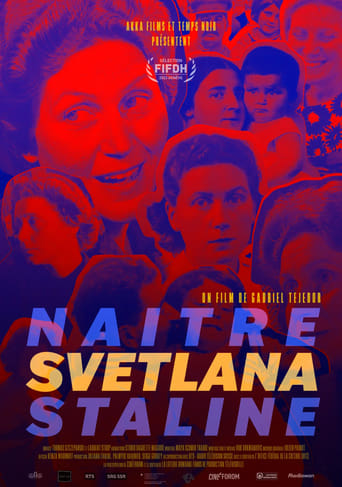
16 Mar 2023

In 1967, in the middle of the Cold War, Joseph Stalin's only daughter goes to the American embassy in New Delhi and asks for asylum. Svetlana leaves behind her country and her two children. Hunted by the press, the KGB, and many admirers, the woman, nicknamed the Kremlin princess, will never cease to flee. From the summit of the Soviet empire to the solitude and poverty of her last years in a Wisconsin home, Gabriel Tejedor traces the destiny of a resolutely free woman, at the very heart of the century and its geopolitical challenges.

03 Oct 2003

An attempt to create a bridge between the different political positions that coexist, sometimes violently, in the Basque Country, in northern Spain.
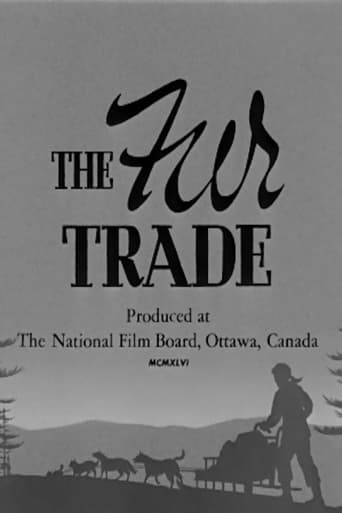
01 Jan 1946

This short film from 1946 presents an outline of the fur trade's history and the commercial use of fur in Canada. A thirst for fur by the kings and courts of the Old World positioned the fur trade as part of the country's industrial economy. Fur farming and conservation became increasingly important, although the lonely life of the trapper remained the same. This film offers a view of both.

08 Nov 2020

The director's grandfather is a blind fortune teller and his father a real-estate owner. They have grievances against each other for dismantling the old house. Grandfather thinks it's time for him to leave and asks Father to quit his job. At the same time, an accident happens at Father's construction site. They are entangled in dealing with the hatred from the past and the kinship that has always existed.

08 Jan 2023

Kings and Generals animated historical documentary series on the history of Japan continues with an episode episode on the Imjin War - the Japanese Invasion of Korea between 1592 and 1598, during which the armies of the Shogunate fought against the allied Korean and Chinese armies. This conflict is famous for many dramatic battles and sieges, and the naval heroics of the Korean admiral Yi Sun-sin.

15 Apr 2023

No overview found
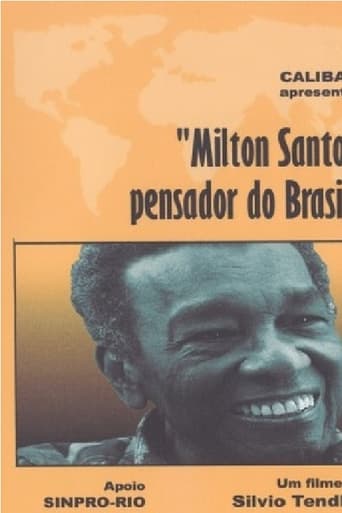
01 Jan 2001

The interview, held on January 4, 2001, was the last given by Professor Milton Santos, who died from cancer on June 24 of the same year. The geographer is gone, but his thoughts remains. Its political and cultural ideals inspire the debate on Brazilian society and the construction of a new world. His statement is a true testimony, a lesson that the world can be better. Based on geography, Milton Santos performs a reading of the contemporary world that reveals the different faces of the phenomenon of globalization. It is in the evidence of contradictions and paradoxes that constitute everyday life that Milton Santos sees the possibilities of building another reality. He innovates when, instead of standing against globalization, proposes and points out ways for another globalization.

09 Aug 2012

On January 28, 1986, NASA Challenger mission STS-51-L ended in tragedy when the shuttle exploded 73 seconds after takeoff. On board was physicist Ronald E. McNair, the second African American to enter space. But first, he was a kid with big dreams in Lake City, South Carolina.

22 Oct 2001

The filmmakers and lead actors of The Remains of the Day (1993) discuss how they came to make the film, and the subtle power of its execution.
01 Apr 1975
The film was shot in an old, decrepit building where dozens of guest-workers' families live. The owner, a local influential politician, has avoided paying for the maintenance of the building under the legal standards by using his connections to proclaim the building a national cultural heritage. However, the rent he has been charging was as if the building were an object that offered standard comfort. The only German tenant takes the crew around and speaks of his battle against the landlord’s manipulation.
18 Apr 2024
A look at the history of Blair County, Pennsylvania, celebrating centuries of stories, valor and courageous actions of the area’s peoples.
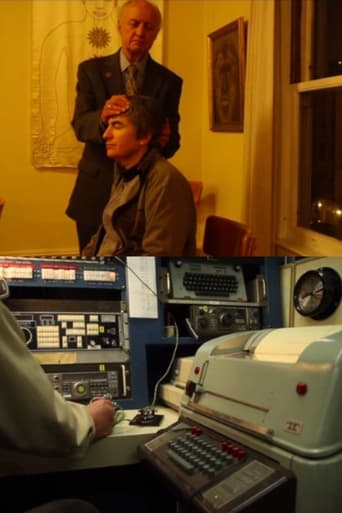
01 Jan 2011

"Come In" explores how Morse history is entangled with the history of the Spiritualist church. The Spiritualist Church was founded by the Fox sisters in 1850. They claimed that they were mediums who could communicate with the dead and they justified this ability by citing the new ability, through Morse, to speak with someone far away almost instantaneously. After fifty years of practicing Spiritualism, the sisters declared the religion a hoax, and many years later Morse code officially lost its role in the commercial realm. As Spiritualists continue to send messages to the dead in spite of the sisters’ statements, and Morse operators transmit messages into the ether with hope, Johnson asks: How do communication networks and technologies affect our calls and responses and make visible our desire for reciprocity?

11 Feb 2008

No overview found
At the start of World War II, Japanese Americans living on the West Coast were faced with the threat of forced removal and incarceration in concentration camps. A small number took their fate in their own hands, fleeing to interior states, becoming refugees in their own country, on a forced migration into the unknown. Before They Take Us Away is the first feature documentary to chronicle the untold stories of the “self-evacuees” who spent the war years outside the camps, as they struggled to rebuild their lives and overcome poverty, isolation, hostility and racial violence.
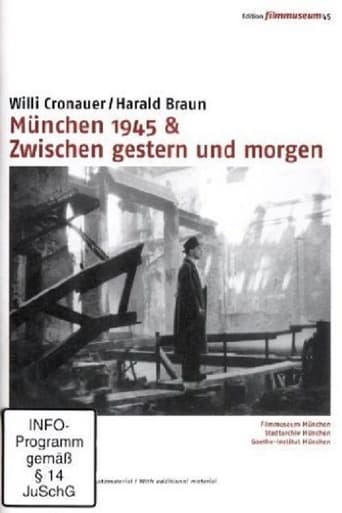
31 Dec 1945

Shot in Munich just a few weeks after it was taken by the American troops on April 30, 1945.